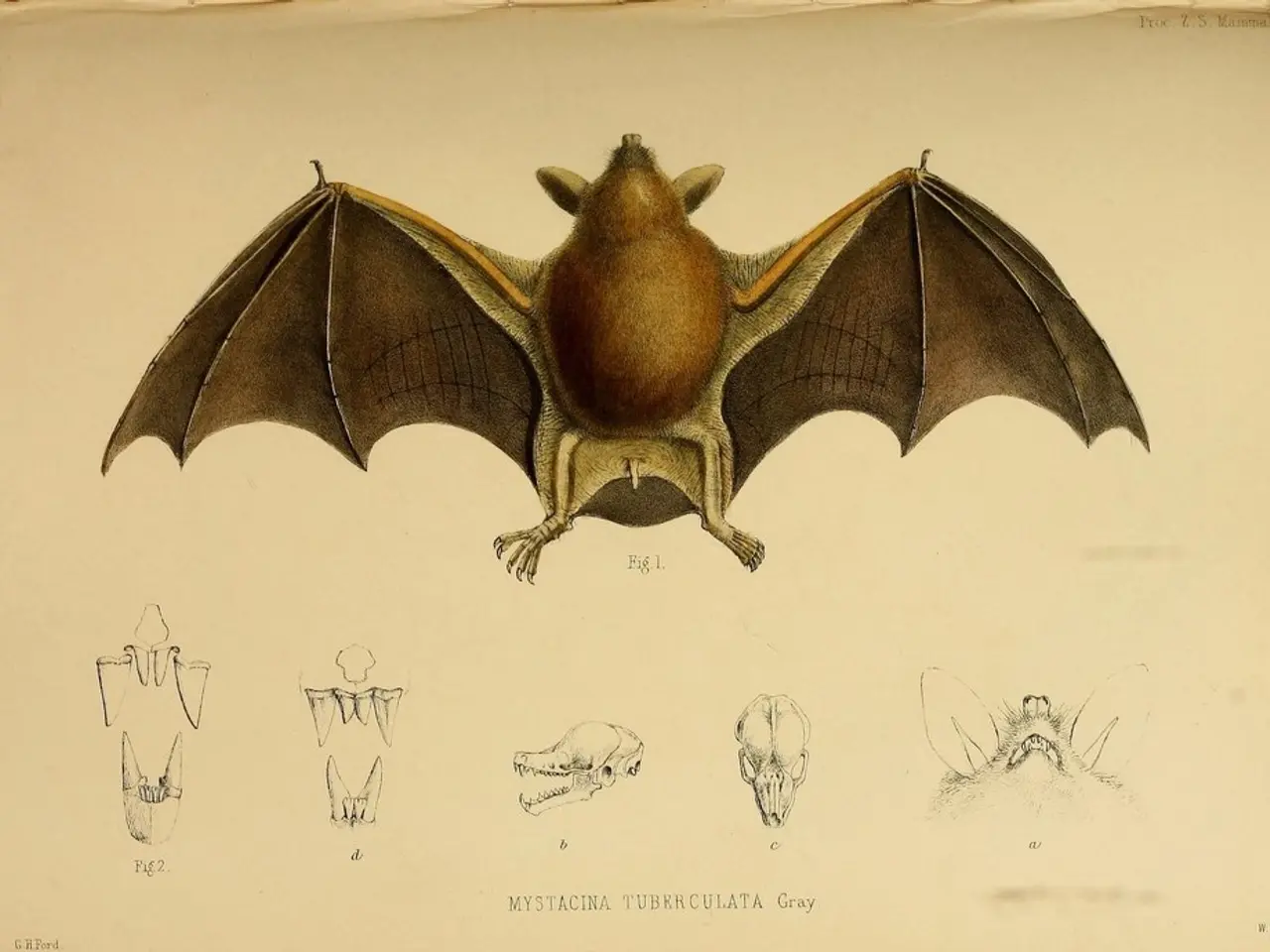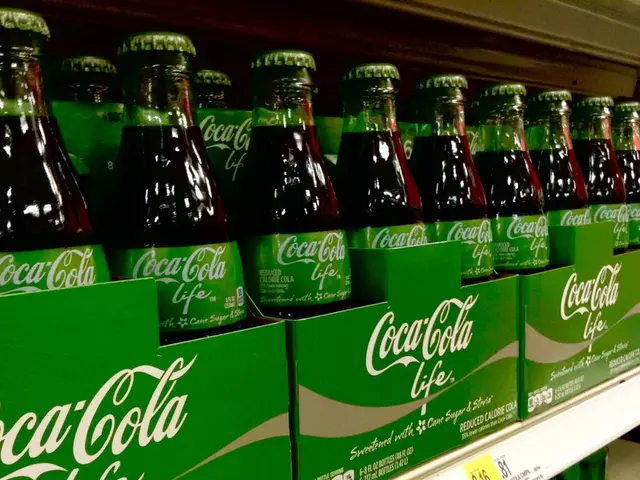BMW collaborates with Redwood Materials on battery recycling initiatives
In a significant move towards a more sustainable future, Redwood Materials, a battery recycling company founded by Tesla's former chief technology officer J.B. Straubel, has partnered with BMW of North America. This partnership aims to recycle end-of-life lithium-ion batteries from BMW's hybrid and electric vehicles, contributing to a closed-loop circular value chain for batteries in the U.S.
The collaboration is part of a global trend to make EV batteries more sustainable. Redwood Materials is already working with several other automakers, including General Motors, LG Energy Solution (Ultium Cells), Toyota Motor Corp., Ford Motor Co., and Volvo Cars, on various battery recycling initiatives in the U.S.
Unlike fossil fuel vehicles, many of the key critical raw materials used in battery production are not consumed or lost over a battery's service life. These materials, such as nickel, cobalt, lithium, and copper, can be recovered and reused to produce new batteries, thereby contributing to a more sustainable circular supply chain.
Redwood Materials' processes have a significantly smaller environmental impact. According to a Stanford University study, the energy used in their recycling process is reduced by 80%, CO2 emissions are reduced by 70%, and water use is reduced by 80% compared to conventional mining and other battery recycling processes.
The partnership between BMW of North America and Redwood Materials will see the latter working directly with BMW's network of nearly 700 locations in the U.S. to recover critical minerals from used batteries. The second facility will be located near BMW Group's Plant Spartanburg, which is the automaker's largest global production facility.
The goal is to return 95% to 98% of these critical minerals back to the battery supply chain. This will not only improve the environmental footprint of lithium-ion batteries but also decrease costs and increase access and adoption of electric vehicles.
The transition to electric mobility presents a tremendous opportunity to rethink how we manage the batteries that power our clean energy future. As sales of electrified vehicles continue to grow, it is crucial to ensure that the production and recycling of batteries are as sustainable as possible.
In February 2023, Redwood Materials received a $2 billion conditional loan commitment from the Department of Energy to expand its battery recycling capacity in the U.S. to support the growing EV market. This investment underscores the importance of sustainable battery recycling in the shift towards a cleaner, more sustainable future.
Read also:
- MRI Scans in Epilepsy Diagnosis: Function and Revealed Findings
- Hematology specialist and anemia treatment: The role of a hematologist in managing anemia conditions
- Enhancing the framework or setup for efficient operation and growth
- Hydroelectric Power Generation Industry Forecasted to Expand to USD 413.3 Billion by 2034, Projected Growth Rate of 5.8% Compound Annual Growth Rate (CAGR)








